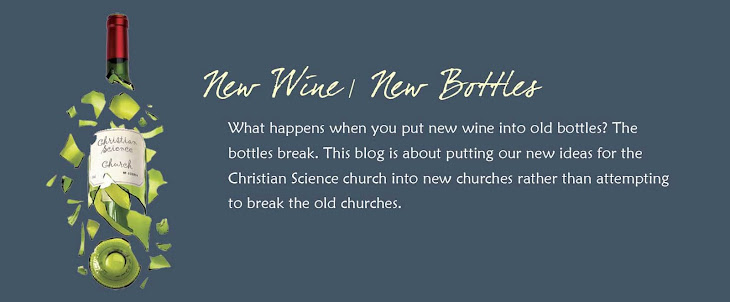133providence:
I think my general point is that the manual is an inspiration and guiding tool, but I cringe when its viewed as the end all be all word of God. I want to add that I think it would be beneficial to think, pray, and explore this while keeping the big picture in mind. Do we as a movement really think God "cares" if a particular format, order, service structure, etc occurs? I vote no. Do I even think God cares about us following a particular manual? No. Sure for organizational sake it helps to have some sort of structure in order to keep us from descending into chaos and keeps the movement from being side-tracked. But I think sometimes the manual is talked about it like it is the 10 Commandments part II and it some how magically appeared and is indisputable. Rather it appears to be a historical document that arrived on the scene inspired by God, but also a reflection of the growing needs around the church as it grew. I think God cares about our hearts. And when we are following the letter of the law for the sake of "being loyal to MBE" rather than "being loyal to God" I think we should really pray about our motives.
...maybe you could help with the following questions, and it will help us understand why exactly portions of the manual developed in particular ways.
- Do you know why exactly "preaching," "pastors," or "leaders" were not developed within the CS church? I think it was allowed for some time then discontinued. Many denominations have programs that are used to raise up people in their giftings, but don't see that within CS. I understand the theory is that we are all "leaders" in our own fashion, but don't know the history. I had seen some amazing CS practioners talk and have thought, "wow this would amazing to have them talk on sundays, I would love to invite friends to that." Obviously lectures are a place for that, but I have always thought it would be great to have lectures sundays during a normal service sometimes too. Many CS camps have daily speakers everyday before the cabins go back to study the lesson. Ask any young person (or old who works at the camps), and these talks are fantastic. In reality they are really "sermons." Sometimes straight lectures, sometimes videos, sometimes mini-plays to act out themes. But they combine timeless truth with present relevency. Ask any young person too and they will say they get 100 times more things from these inspiring/ lively talks than they do from sitting in a normal sunday service. It seems like the baby was dumped out with bathwater in regards to banning preaching.
- Were there ever local or regional "sermons" or "lessons" rather than institutionalized studies?
- Do you know why youth ministries were historically avoided? Why no youth groups, vacation bible schools, etc.
- Was there ever a focus on mid-week bible study, fellowship, prayer time, dinner, etc? I have a feeling that is what Wednesday night started out as then was insitutionalized into a sort of observational "service" rather than interactive fellowship.
- Why no organized missionary work?
- Why no organized service ministries?
- Why the cultural ban on weddings, funerals, etc?
- Why no room for "new" audible prayers within church? I understand this is in effort to stay away from Jewish tradition of long-winded prayers, again it seems like the baby was thrown out with the bathwater.
Subscribe to:
Post Comments (Atom)




No comments:
Post a Comment